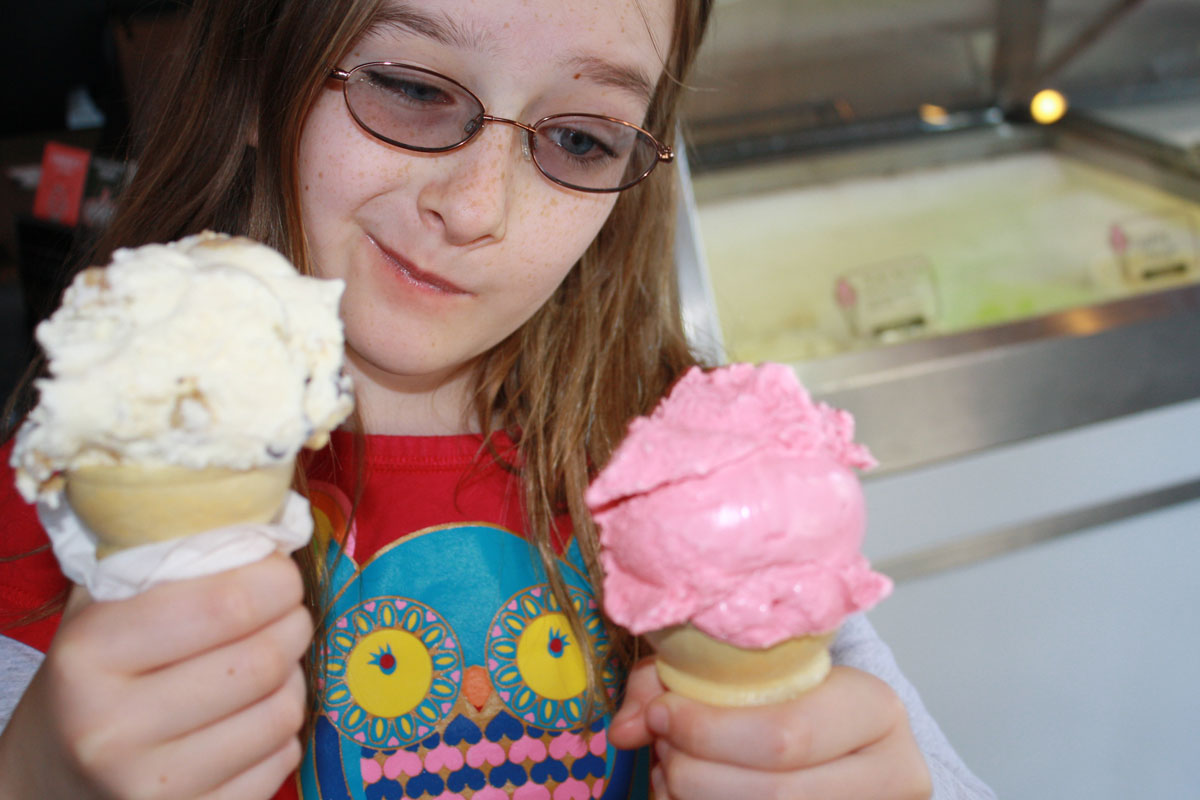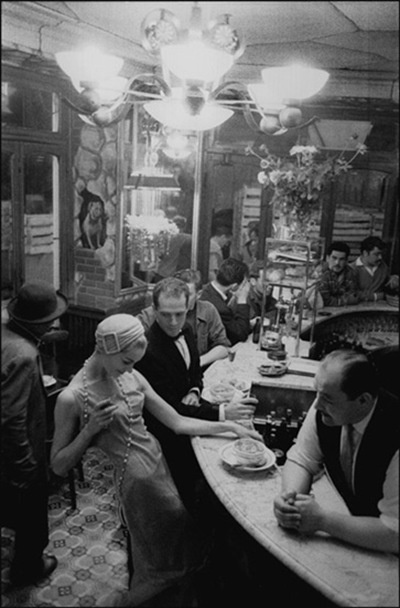Why do you run?
Having completed my first half marathon, my first marathon, and my second, I’ve found that running takes on a new quality. Today, on National Running Day, I've been giving some thought to why I run. It's been on my mind, now that all those magic “firsts” gone.
Yesterday, a friend of mine asked: “Now that I’ve done all those firsts, I need to find new motivation. Why should I run the next marathon, or half marathon?"
Do people really run so they can eat donuts or drink beer? The enjoyment of good food and drink is probably one reason, but it’s not enough to keep one going through long, sweaty summer miles and frigid, slippery runs at zero dark-thirty in winter.
Thinking about why to run is the same as thinking about why to do anything in our lives. We have our basket of days; we know they are finite in number. What meaning will we give to those days?
The best reasons to run are reasons that give meaning to the effort. People run to transform themselves, become better, less anxious, less depressed, physically and mentally stronger so they can have the necessary strength to accomplish other goals. People run to enjoy themselves, to socialize, regenerate, push the mental “reset button” by getting away from the busy-ness of life. People run to build self-confidence, setting smaller goals that lead to larger accomplishments.
“People sometimes sneer at those who run every day, claiming they’ll go to any length to live longer. But don’t think that’s the reason most people run. Most runners run not because they want to live longer, but because they want to live life to the fullest. If you’re going to while away the years, it’s far better to live them with clear goals and fully alive then in a fog, and I believe running helps you to do that. Exerting yourself to the fullest within your individual limits: that’s the essence of running, and a metaphor for life — and for me, for writing as whole. I believe many runners would agree.”
For myself, being fully alive is the best reason to run. Pushing past my insecurities, my self-doubts, making peace with my limitations are all things I can do through running. And that practice, of stretching to be most fully alive, of methodically, routinely pushing through my discomfort, is excellent practice for every other difficulty, and in building a life full of meaning one is bound to encounter plenty of difficulty.








 I suspect someone(s) at Lands' End really didn't think this one through.
I suspect someone(s) at Lands' End really didn't think this one through.







